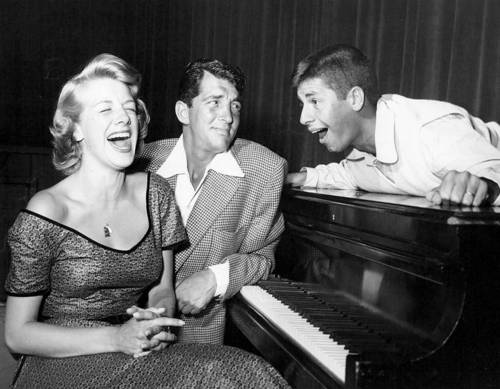
FAQ About The Role of Broadcast Comedy in Shaping Pop Culture

How has broadcast comedy influenced pop culture?
Broadcast comedy has been a significant force in shaping pop culture by popularizing catchphrases, comedic styles, and social commentary that resonate with audiences across various demographics. TV shows such as Saturday Night Live and radio programs like The Goon Show have not only entertained millions but also influenced fashion, slang, and societal norms.

What role did radio comedy play in the early days of pop culture?
Radio comedy in the early days served as a primary source of entertainment and social connection during times when television was not yet widespread. Shows like Amos 'n' Andy and The Jack Benny Program provided humor that addressed social issues of the day, influencing listeners' perceptions and helping to shift public discourse.

How did television comedy evolve over the decades?
Television comedy has evolved from simple slapstick and variety shows to sophisticated sitcoms and satirical programs that address complex social issues. In the 1950s and 60s, shows like I Love Lucy defined the sitcom genre, while the 1970s and 80s saw the rise of workplace comedies like The Mary Tyler Moore Show and socially conscious programs like All in the Family. The evolution continued with politically satirical shows like The Daily Show in the 1990s and 2000s.

What impact did shows like 'Saturday Night Live' have on pop culture?
Saturday Night Live has had a profound impact on pop culture by launching the careers of many influential comedians and actors while also introducing phrases, characters, and parodies that become cultural touchstones. Its sketches often reflect or shape political and cultural conversations, providing commentary that extends beyond entertainment.

In what ways did radio and TV comedy propagate social ideas?
Radio and TV comedy have often pushed boundaries by addressing controversial topics through humor. They have tackled issues such as race, gender, and politics, providing a platform for voicing alternative perspectives and fostering public debate. Comedians like George Carlin and programs like The Simpsons use satire and irony to reflect cultural tensions and advocate for social change.

How do modern comedy styles reflect the influence of past broadcast comedies?
Modern comedy styles often borrow from the formats and themes pioneered by past radio and TV comedies. The use of satire, character archetypes, and social commentary seen in comedy today can trace its roots back to earlier successful formats. Shows like Brooklyn Nine-Nine and Archer incorporate this heritage with contemporary narratives and humor styles.

What are some examples of broadcast comedies shaping language?
Broadcast comedies have significantly influenced language by introducing memorable catchphrases and expressions that become part of everyday vernacular. Phrases like "yada, yada, yada" from Seinfeld or "D'oh!" from The Simpsons transcend their original context to become widely used across different settings as shorthand for complex ideas or emotions.

What comedic styles emerged from early TV comedies?
Early TV comedies helped establish several comedic styles such as slapstick, deadpan humor, and the sitcom format. Shows like I Love Lucy relied heavily on physical comedy and timing, while others like The Honeymooners introduced situational comedy that evolved into the sitcoms known today, influencing countless shows and comedians following in their footsteps.

How have broadcast comedies addressed social and political issues?
Broadcast comedies often use humor as a lens to explore and discuss social and political issues, providing a platform for dialogue that might be harder to initiate through more direct means. Shows like All in the Family and South Park broach topics such as race relations, governance, and cultural conflicts, often sparking conversation and sometimes controversy.

What misconceptions are there about the role of comedy in shaping culture?
A common misconception is that comedy is purely for entertainment and lacks the power to influence society or contribute to serious conversations. However, comedy has historically been used as a tool for social critique and change, challenging norms, and encouraging audiences to rethink their viewpoints through humor.
